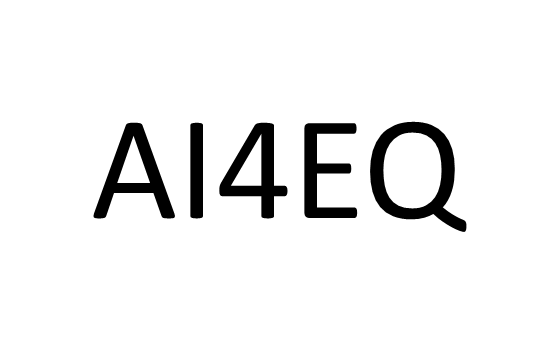Contents 7
7. ON THE NEED TO ENCOURAGE MULTI-SCALE EXPERIMENTATION (WITH THE APPLICATION OF APPLIED ETHICS TOOLS AND EMPHASIS ON IMPACT STUDIES) BEFORE PROMOTING THE MASSIVE USE OF THE PRIVATE SECTOR, INCLUDING SMEs, AND THE PUBLIC SECTOR
● Support tools for the application of ethical principles developed in research laboratories are currently at an early state of research so that their usefulness and impact are yet to be demonstrated. They will have to be scaled up in order for them to be used outside of the research context, pointing to the need to incentivize knowledge transfer in this area. Examples of quantified good practice in the application of applied-ethics tools in real-world projects are also needed. The promotion of R&D projects for the experimentation of AI with an ethical approach involving industry, the public sector and research centres, would help to create such good practices.
● Applied ethics tools also exist in the private sector and are used in internal consultancy. In general these tools are in a very immature state, and are not ready to be adopted by professionals in the short term, although in some very specific fields, effective tools may already have been developed albeit with limited scope. Moreover, for the time being, adopting these tools does not provide any competitive advantage, which is why it is important to encourage them through proactive policies that promote their incorporation into business models. For impartiality, AI ethics assessment should be outsourced in the same way that many assessment, certification and quality control processes are outsourced. For the assessment process to be homogeneous requires standards at national and European level to guide and regulate the assessment tasks.
● Theoretical and empirical research on ethical AI lags far behind purely technological AI research, for which reason the former should be given strategic priority over the latter. It is imperative to accelerate the development of AI ethical assessment frameworks to guide the future of AI in Europe and to guarantee that assessment processes can be carried out in real time and at scale, with a view to mitigating possible negative impacts quickly and to performing learning at scale of the way AI impacts society. A commitment from the private sector is required to prioritize the assessment of algorithms and platforms.

